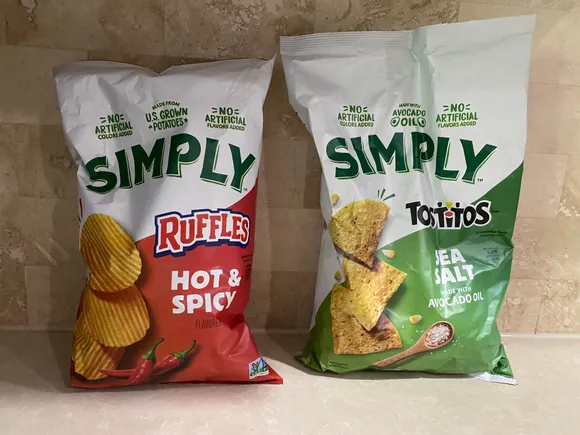PepsiCo CEO Ramon Laguarta said the snacking giant will be “accelerating” its transition to natural ingredients amid increasing consumer demand and pressure from the White House to remove artificial colors from foods.
Laguarta said during PepsiCo’s first-quarter earnings call with analysts on Thursday that the Cheetos and Doritos maker plans to have transitioned “all the portfolio into natural colors or at least provide the consumer with natural color options” in the next “couple years.”
Still, he underscored that PepsiCo's chips, puffs and other snacks are safe and the company stands by the existing science.
“Every consumer will have the opportunity to choose what they prefer,” he said.
The comments come two days after Health and Human Services Secretary Robert F. Kennedy Jr. announced the department wants food companies to voluntarily remove or replace commonly used synthetic colors before the end of 2026.
PepsiCo has already rolled out some products with natural colors.
It recently launched Simply Ruffles Hot & Spicy colored with tomato powder and red chili pepper instead of artificial dyes. Bloomberg noted that unlike the better-known Ruffles Flamin’ Hot, the new Simply chips lack the bright red color commonly associated with hot and spicy.
Replacing synthetic colors with natural ones isn’t easy. It can be hard to find a suitable replacement, and consumers sometimes don’t like the new color.
In 2016, General Mills changed several cereals including Trix as part of its pledge to remove artificial colors and flavors. Following consumer complaints and a decline in sales, General Mills brought back Trix with artificial colors a year later.
This hasn’t stopped more companies from incorporating more natural colors.
Brendan Foley, McCormick’s CEO, said in March that the ingredient and flavorings company is seeing “a tick-up in reformulation activity” among restaurants and food manufacturers as efforts to ban synthetic dyes in food gain momentum.
A reason for the increased activity could be because of uncertainty over whether the White House will decide to eventually mandate that companies remove all artificial colors, though a TD Cowen analyst called a ban unlikely in a note to investors. Momentum to remove synthetic dyes from food also has picked up at the state level.
West Virginia signed into law a bill in March that restricted seven artificial dyes from food products sold in the state. Several other states have introduced bills aimed at food additives, including artificial colors, according to the Environmental Working Group.
Source link
